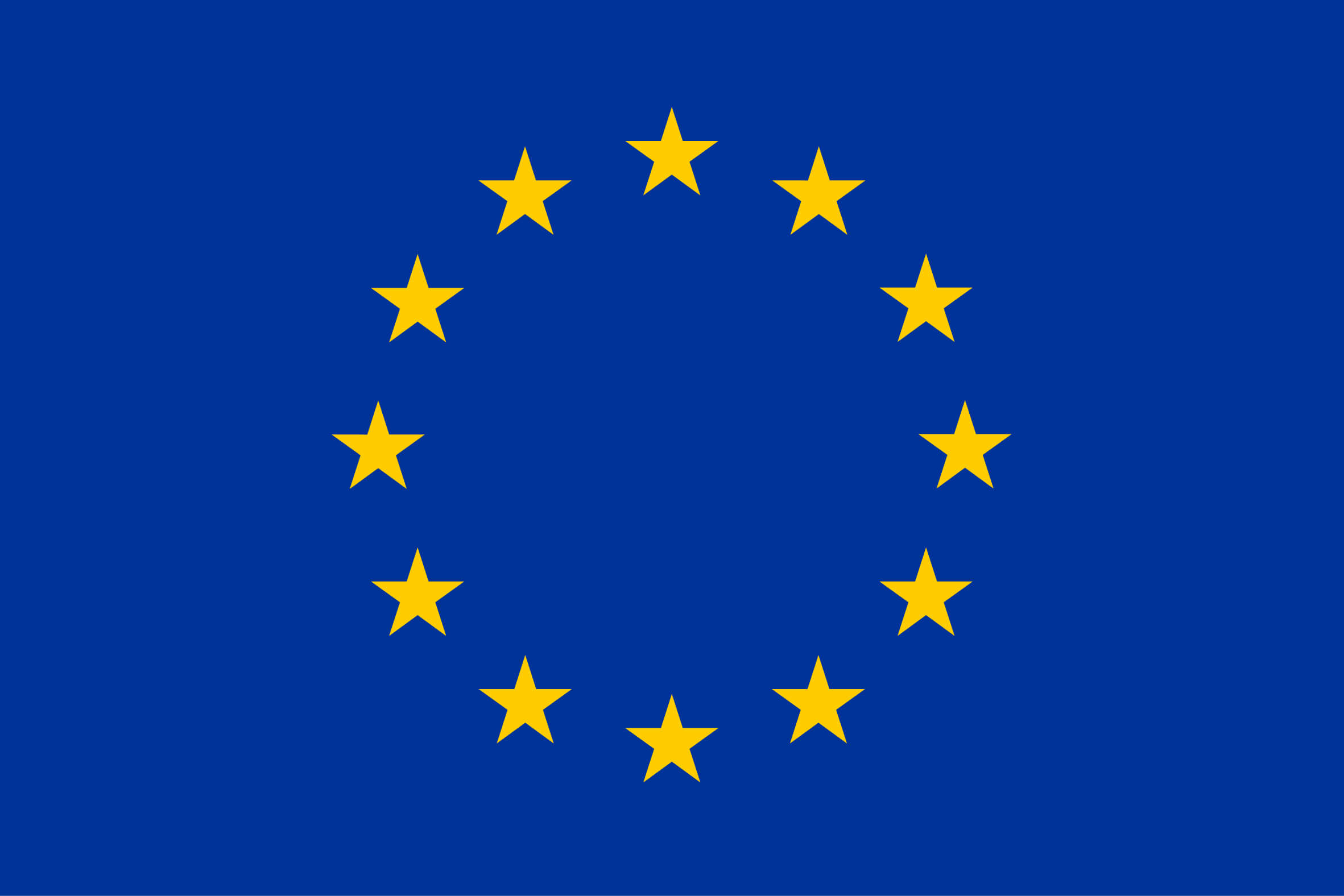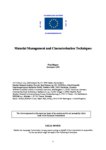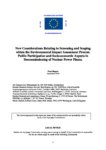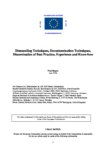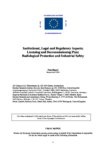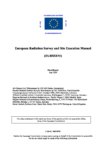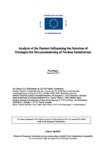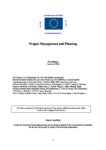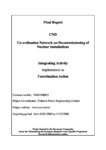CND: Co-ordination Network of Decommissioning of Nuclear Installations
The Coordination Network on Decommissioning of Nuclear Installations (CND) was a project to support the formation and operation of a network of organisations with the same name. The purpose of the network was to further EU cooperation and capability in the field of nuclear decommissioning.
Overview
Project Dates: 01/01/2005 – 31/12/2008
Project Status: Closed
Website: https://www.ec-cnd.net/ (now taken down)
The Coordination Network on Decommissioning of Nuclear Installations (CND) was a three year project (which was extended to a fourth year) to support the formation and operation of a network of organisations with a goal of furthering EU cooperation and capability in the field of nuclear decommissioning.
The network included companies, research institutions, universities and waste management organisations. The programme encompassed any topic relevant to decommissioning which was of interest to participants. Topics addressed by the network included engineering issues such as material management, characterisation, dismantling and decontamination, as well as management issues including work planning, costing, radiation protection, environmental impact assessment and the legal, regulatory and socio-economic aspects of decommissioning.
The network facilitated meetings and workshops among members and with international organisations and produced a suite of documentation on nuclear decommissioning to share and disseminate best practice among EU member states and to the wider international community.
Objective
The purpose of the project was to organise and operate a mutually beneficial network of EU organisations involved in the decommissioning of nuclear installations. The aims of the CND project were to:
- encourage continuous improvement in capability and effectiveness among members that should lead to increased European expertise and competitiveness;
- promote common understanding of key issues within the decommissioning community;
- facilitate provision of relevant advice to European Commission staff; and,
- continue the development of mutually beneficial collaborations with international organisations (IAEA, NEA).
Results
The CND project primarily provided a framework for organisations with an interest in decommissioning of nuclear installations to share best practice and discuss common issues. This was facilitated through attendance at conferences and the organisation of workshops, seminars and meetings. The CND project also participated in meetings and workshops with the IAEA to discuss and consult on issues related to decommissioning.
Additionally, the project goals of promoting a common understanding of key issues and communicating best practices were achieved through the delivery of a number of reports and documents. The delivered reports included:
- D8.1: “Analysis of the Factors Influencing the Selection of Strategies for Decommissioning of Nuclear Installations”
- D8.2: “Integrated Management and Project Management and Planning of Decommissioning”
- D8.3: “Cost Aspects of Decommissioning”
- D9: “Material Management and Characterization Techniques”
- D10: “European Radiation Survey and Site Execution Manual (EURSSEM)”
- D11: “Institutional, Legal and Regulatory Aspects; Licensing and Decommissioning Plan; Radiological Protection and Industrial Safety”
- D12: “New Considerations Relating to Screening and Scoping within the Environmental Impact Assessment Process. Public Participation and Socio-economic Aspects in Decommissioning of Nuclear Power Plants”
- D14: “Dismantling Techniques, Decontamination Techniques, Dissemination of Best Practice, Experience and Know-how, and Evaluation of the Needs for Training”


